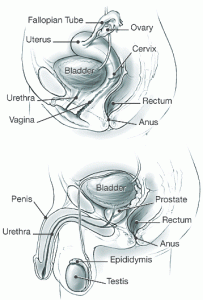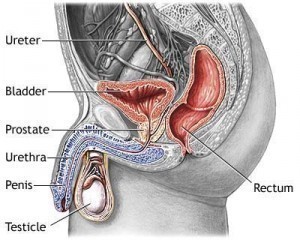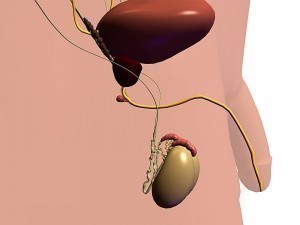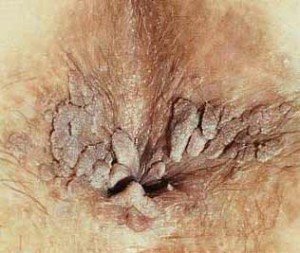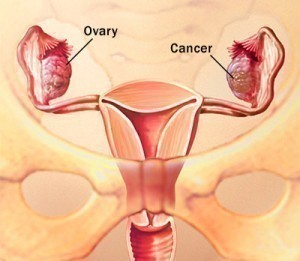STD Symptoms
STD, which stands for sexually transmitted disease, is a severe infection that can be transmitted through the different means of sexual contact, namely anal sex, oral sex and vaginal intercourse. Furthermore, people can also acquire this disease via breastfeeding, childbirth and needle sharing. The signs usually vary, depending on the type of infection. Here is a quick take on the major and minor STD symptoms, as well as their diagnosis and treatments.
Signs of STD
One of the most common types of STD is genital herpes, which is a highly contagious medical condition resulting from the so-called herpes simplex virus. Symptoms for this disease include open sores, blisters and red bumps along the anal and genital areas. HIV is another common type of STD, with early symptoms like swollen lymph glands, headache and fever.
When patients are suffering from gonorrhea, they are expected to manifest several signs like pain during sexual intercourse, frequent urination and bloody discharge from the vagina or penis. Additionally, they can also feel a burning sensation and sharp pain when urinating. Although there are no visible symptoms in the early stages of Chlamydia, male patients may somehow experience testicular pain, yellowish discharge from the penis and lower abdominal pain. For women, the common signs of this venereal disease are vaginal discharge, pain during sex and painful urination.
STD Diagnosis
When diagnosing STD, medical experts usually perform different types of tests and exams depending on the type of disease. When suffering from Chlamydia, patients undergo simple diagnostic procedures like urine test and swab test. For gonorrhea, a urine test is performed to determine the presence of bacteria in the urethra. Meanwhile, the rectum, vagina and throat are to be swabbed for laboratory analysis.
In case of genital herpes, a series of laboratory tests are usually performed after physical examinations. Common diagnostic procedures for this type of venereal disease are polymerase chain reaction test, blood test as well as viral culture.
STD Treatment
When treating Chlamydia, patients are usually advised to take oral antibiotics to help fight off the effects of infection. The usual medications for this type of condition include erythromycin, azithromycin and doxycycline. When there is an infection, patients are advised to abstain from sex in order not to transmit the disease to other people. For the treatment of gonorrhea, the use of oral antibiotics is highly recommended to help ease the swelling and infection.
For those who wish to treat genital herpes, people can use different kinds of oral prescription antiviral drugs. Some of the leading drugs for this type of disease are famciclovir, acyclovir and valacyclovir, all of which can help minimize disease transmission, reduce the frequency of recurrences and help sores heal.
